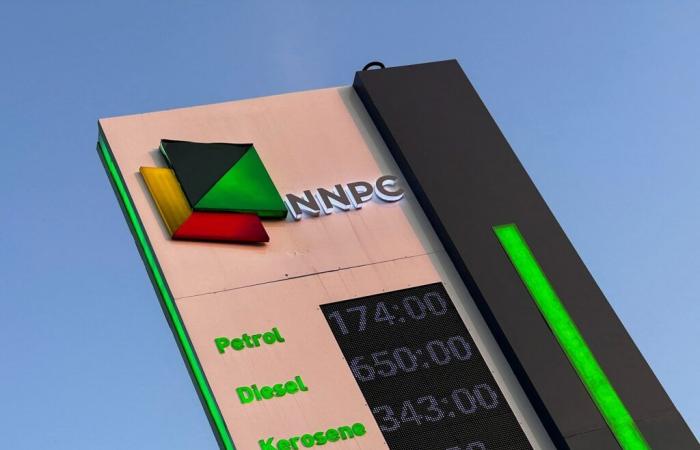The noose is tightening on the former leaders of Nigerian National Petroleum Corporation (NNPC). Wounded in the early April, they are now the subject of an explosive investigation by the Nigerian Anti -Corruption Agency (EFCC). The accusations are heavy: “Abuse of power” et “Funds”. A daring initiative of President Bola Ahmed Tinubu which could well shake the foundations of the powerful state oil company, long considered as an epicenter of corruption and mismanagement.
The Committee on Economic and Financial Crimes (EFCC), a real armed wing of the fight against corruption in Nigeria, isted no time. In a letter dated April 28, whose shock wave has spread through Nigerian media, the agency officially summoned the NNPC to provide all the financial documents concerning fourteen of its former and current responsible. At the top of this list is a name that resonates with force: that of the old CEO, Mele Kyari. Its dismissal, which occurred at the same time as that of the entire board of directors, now appears in a new light, that of a possible operation “Clean hands” at the highest level.
A inheritance of corruption and poor performance
In addition to Mele Kyari, the EFCC has clearly identified other personalities whose past actions are scrutinized. Abubakar Yar’adua, former managing director, Ibrahim Onoja and Mustafa Sugungun, respectively former directors of strategic refineries of Port Harcourt and Kaduna, as well as Umar Ajiya, the former financial director, are also cited in the mail. This explicit designation of senior officials testifies to the agency’s determination to go up the wires of any corruption networks that would have gangrenous the NNPC for years.
-The allegations of corruption, political interference and mismanagement are not new on the NNPC. The national oil company, a pillar of the Nigerian economy, has long been criticized for its lack of transparency and opacity. This situation has had direct consequences for the country’s oil production, which has dropped alarming in recent years. In 2023, it fell below the symbolic threshold of one million barrels per day, a figure far from government ambitions which tabled on a production of two million barrels by 2027.
The future of the Nigerian oil sector is at stake
This anti -corruption survey comes at a crucial time for Nigeria. The government counts on the NNPC to contribute significantly to the increase in oil production, with an objective of at least 10 % of daily production by 2027. Company credibility and investor confidence are therefore major issues.
This purge at the top could be interpreted as a strong signal of President Tinubu’s desire to moralize the sector and create an environment more conducive to investment and efficiency. It remains to be seen whether this daring initiative will bear fruit and allow Nigeria to straighten the bar of its oil production, essential to its economic prosperity.






